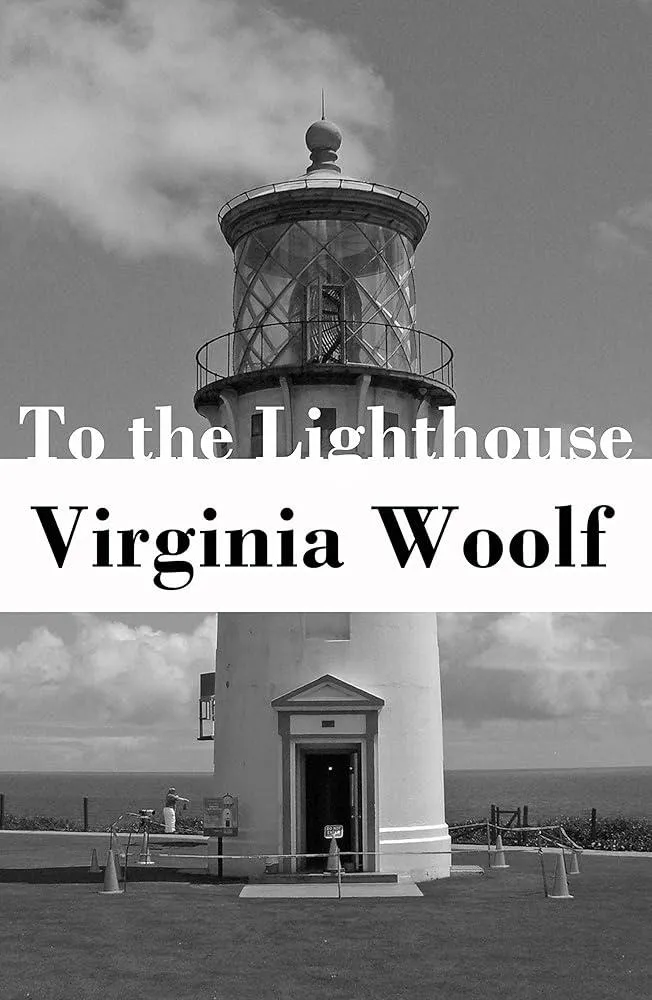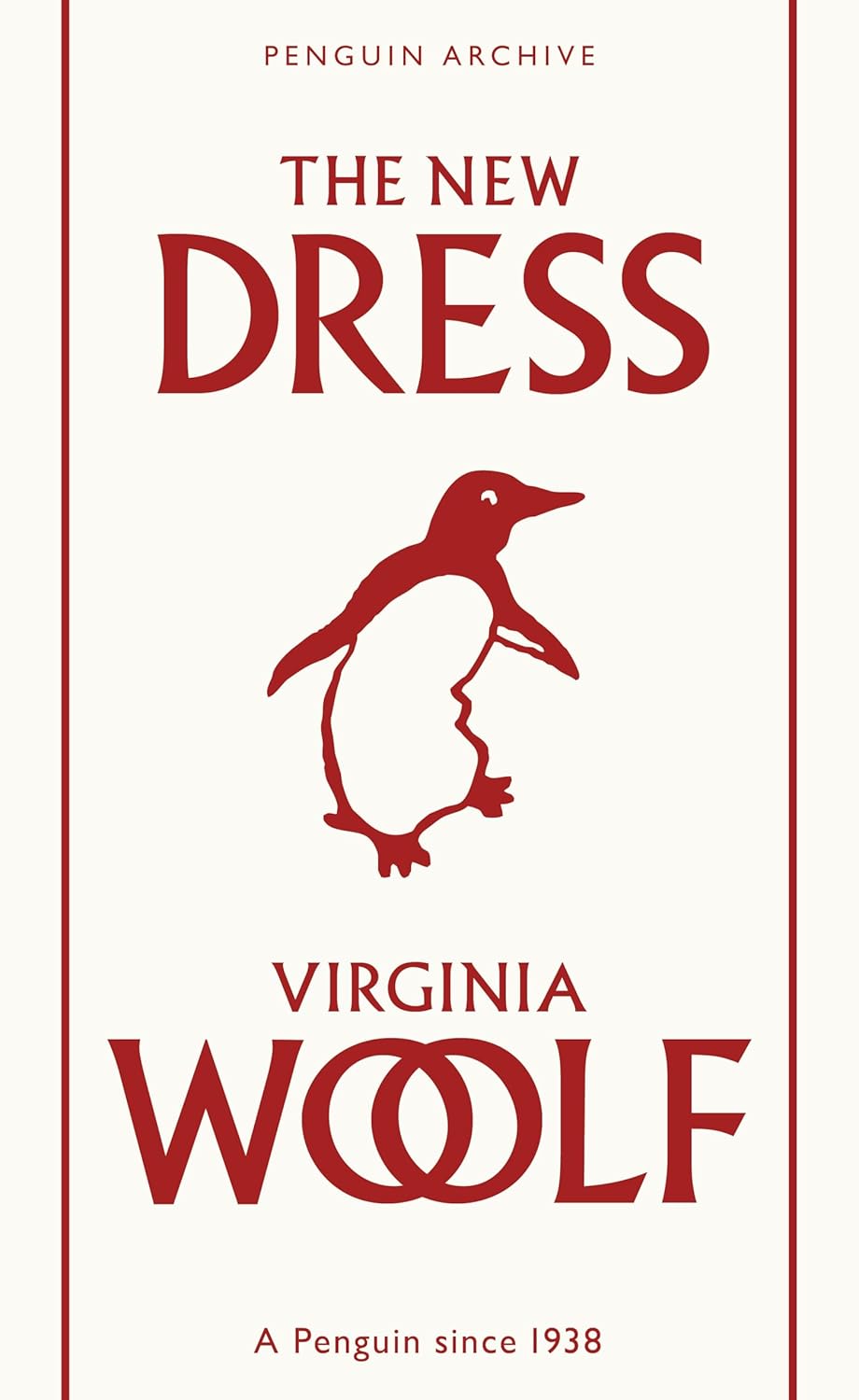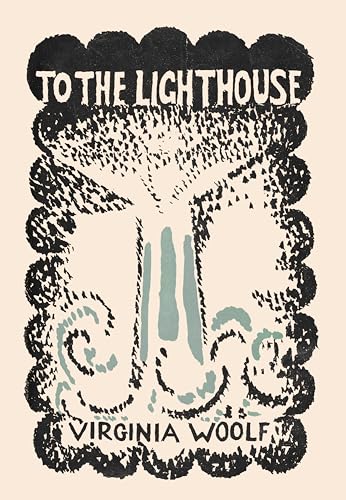HarperCollins is proud to present its incredible range of best-loved, essential classics. Every summer, the Ramsays visit their summer home on the beautiful Isle of Skye, surrounded by the excitement and chatter of family and friends, mirroring Virginia Woolf's own joyful holidays of her youth. But as time passes, and in its wake the First World War, the transience of life becomes ever more apparent through the vignette of the thoughts and observations of the novel's disparate cast. A landmark of high modernism and the most autobiographical of Virginia Woolf's novels, To the Lighthouse explores themes of loss, class structure and the question of perception, in a hauntingly beautiful memorial to the lost but not forgotten. Chosen by TIME magazine as one of the 100 best English-language novels from 1923 to the present.
Virginia Woolf
Virginia Woolf was a prominent English writer and modernist literary figure. Known for her stream-of-consciousness writing style, she challenged traditional narrative structures and explored themes of gender, class, and mental health in her works. Some of her most notable works include "Mrs. Dalloway," "To the Lighthouse," and "Orlando." Woolf's contributions to literature include her innovative approach to character development and narrative technique, as well as her exploration of the inner lives of her characters. Her most famous work, "Mrs. Dalloway," is considered a masterpiece of modernist literature and a reflection of Woolf's unique literary voice. Woolf's impact on the literary genre is undeniable, as she paved the way for future generations of writers to experiment with form and style in their own works.








